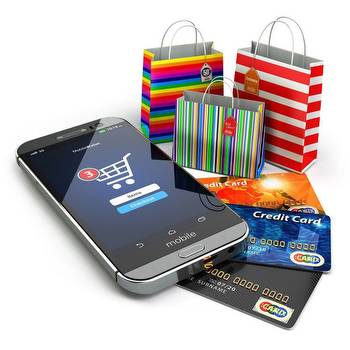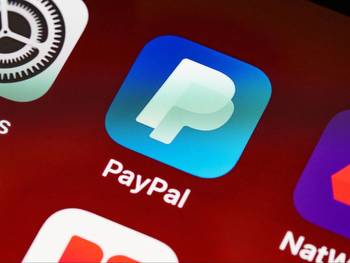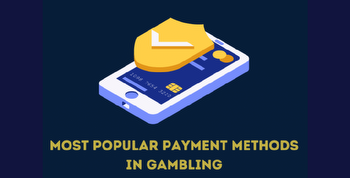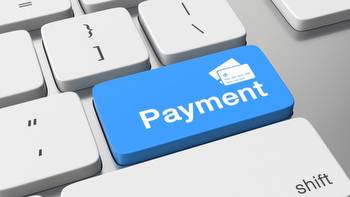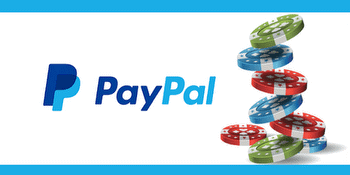How PayPal Revolutionized the Online Casino Industry

PayPal is arguably the best-known brand in the fast-growing digital payments market, having established itself as a trustworthy and secure way to send and receive money for business and personal purposes.
While the influence of PayPal is widely felt, it has been especially impactful in the world of online casinos. Here is a look at the role it has played in helping web-powered gambling services to thrive.
The importance of trust
Today, all of the best PayPal casino sites found here can be relied upon to support all sorts of payment methods and platforms, giving customers plenty of flexibility and choice when they want to deposit or withdraw money.
Of course, this was not always the case, and back when online casinos were a new concept with a less established infrastructure to support them, the primary issue hampering growth was trust.
Simply put, consumers were cautious about paying cash into their accounts held with casino sites because using a traditional credit or debit card was seen as questionably secure at best.
Often the sites would be reliant on little-known card processing services, which meant that even if the brand of the casino was well known, it was understandable for prospective customers to be reticent.
The arrival of PayPal as a payment method removed this mistrust completely. Having already become dominant thanks to its earlier ownership by eBay, the vast majority of web users were at least familiar with the PayPal brand, even if they had not used it themselves.
Trust in PayPal was therefore transferrable to the casino operators that adopted it as a payment method. Anyone who had been reluctant to gamble online specifically because they did not want to use obscure third-party platforms for financial transactions now had no reason to fear, and the soaring revenues of casino sites are a testament to this.
The relevance of security
PayPal did not win the trust of consumers by accident; it was seen as more secure specifically because of the way it differed from older payment methods.
A lot of the hesitance surrounding making deposits with payment cards was that consumers did not feel comfortable handing over sensitive financial information to either the platform providers or the casino sites themselves. Security breaches are unfortunately commonplace across all sorts of industries, and a fledgling one like online gambling looked particularly vulnerable.
Conversely, by being able to use PayPal, deposits could be made without giving yet another business access to payment card numbers. Thus there was an extra layer of protection afforded to consumers, and it was wholeheartedly embraced by many as online casinos gained traction globally.
The international reach
Speaking of the global scale of the online casino ecosystem, it is worth talking about how PayPal’s involvement allowed operators to spread their wings in many parts of the planet.
The legality of online gambling is a grey area in plenty of places, with states either choosing to tolerate citizens playing on casino sites that are owned and operated overseas, or turning a blind eye to it altogether.
Because of this, PayPal was well suited to people living in a whole host of nations that had yet to catch up with the trend for legalizing web-based casinos. It meant that transactions could be carried out seamlessly and securely, without having to cope with the rigmarole that other types of cross-border transactions would involve at the time.
Again, the easing of restrictions and the improvements made by lots of payment platforms have somewhat leveled the playing field in recent years, yet it is impossible to underestimate just how much PayPal was able to turn the tide of opinion in favor of casino operators.
The stimulation of competition
Last of all, the revolutionizing of the online casino sector which PayPal helped to push through was also associated with an increase in competition among the various operators, as well as the rise of rival payment platforms.
As more and more brands entered the fray, this delivered better value for consumers, while also feeding into the aforementioned choice.
Today, the top casino sites have to offer huge incentives to customers to entice them away from their competitors. They also have to ensure that there is a multitude of payment options, with alternatives to PayPal such as Skrill appearing.
This all contributes towards the healthy outlook for online casinos, and to the vibrant and diverse customer base that this market enjoys. While PayPal is not wholly responsible, it is certainly a significant cog in the churning machine of digital gambling.


















